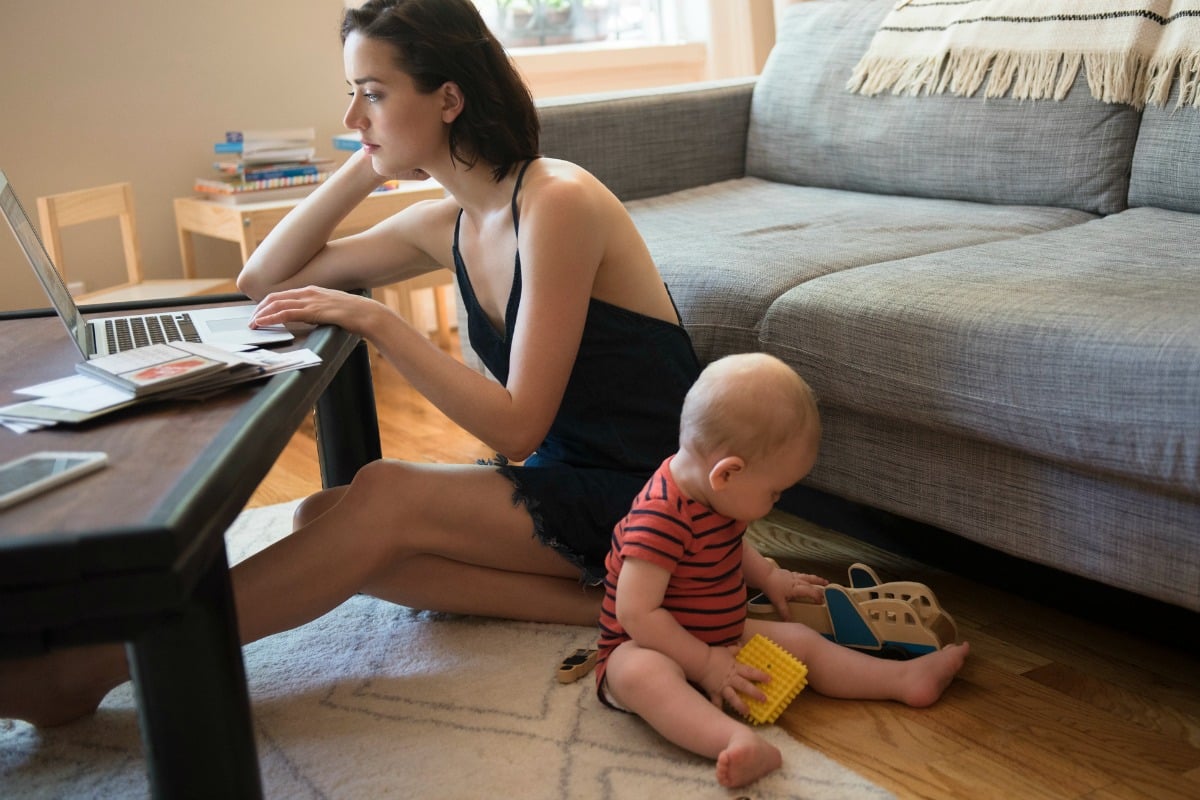
The realisation that life is going to change for a good while is starting to take hold. To flatten the curve of the COVID-19 outbreak, radical measures of social distancing are currently being rolled out in an increasing number of countries. People are being urged – or instructed – to isolate themselves at home.
In many countries, schools are closed. The same is true of theatres, bars, and cinemas. Travel for both leisure and business is advised against. Borders are shutting.
Your COVID-19 questions answered by Mamamia’s Claire Murphy. Post continues below.
Most people presume that all these measures to combat the virus will be temporary, and that at some point — in two, six, or perhaps 12 months — life will be back to normal and business as usual. To some extent, this may be true. But many changes could well be permanent.
Social systems, be it whole economies or individual organisations, are inert and very hard to change. Over time, firms develop into complex and bureaucratic structures, with so many ingrained routines that they are almost impossible to change. Economies too follow a largely path-dependent trajectory.

Top Comments
I've been thinking about all of these things. The way I see it, society couldn't keep going the way it was. We were taking everything for granted, plundering the earth, being complacent about sustainability. This crisis is like a massive kick in the backside of humankind. I believe things happen for a reason and this will force us to regroup and find a way of doing things differently.
All too long we have been a consumer-driven, materialistic society, relying on credit to fulfil our every want.
It may take some years but I hope people will learn about frugality, pay off their credit and save a 3 month emergency fund.
I know that’s not possible for everyone, but think of how different some lives would be now if they had done that.